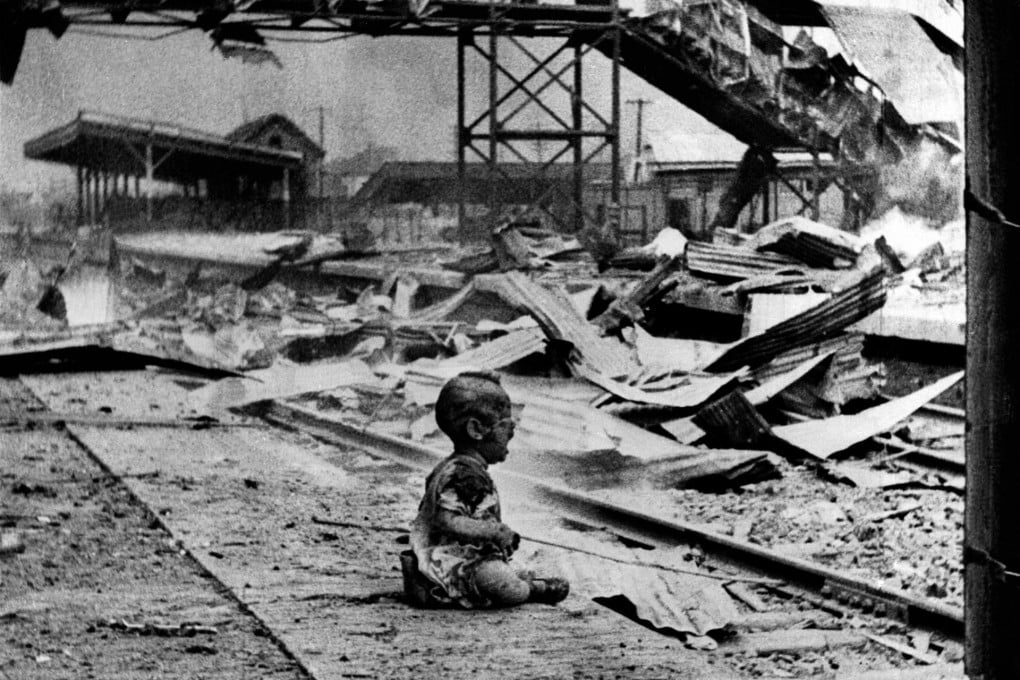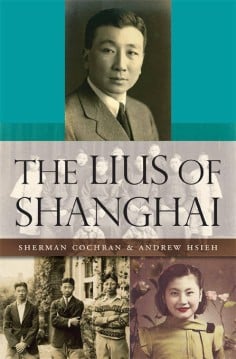Book review: The Lius of Shanghai, by Sherman Cochran and Andrew Hsieh
"At that moment I felt that the fire of war had burned its way to the front door of my own home." These were the words of the sixth son of a wealthy Shanghai family when the Japanese army attacked the city in August 1937 in one of the most intense battles of world history.


by Sherman Cochran and Andrew Hsieh
Harvard University Press
"At that moment I felt that the fire of war had burned its way to the front door of my own home." These were the words of the sixth son of a wealthy Shanghai family when the Japanese army attacked the city in August 1937 in one of the most intense battles of world history.
They come from an excellent book, The Lius of Shanghai, written by two American professors of Chinese history: it is based on 2,000 letters between members of a rich and powerful Shanghai family, the Lius, in Chinese and English. The authors, Sherman Cochran, Hu Shih professor of Chinese history at Cornell University, and Andrew Hsieh, professor of Chinese history at Grinnell College, gained access to a collection containing a lifetime of letters exchanged by the parents and children; rarely has such a large collection been made available to scholars.
Parts one and two are set in the late 1920s and '30s, a period of open-ness when Chinese could travel freely at home and abroad. Part three is the Sino-Japanese war of 1937-45, and part four is the communist revolution.
Liu Hongsheng (1888-1956) had an industrial empire that produced matches, woollens, cotton textiles, cement and briquettes. He and his wife gave an international education to almost all of their 12 children - nine boys and three girls.